Earth Mortar & Pestle
€ 50.00 Original price was: € 50.00.€ 25.00Current price is: € 25.00.
Mortar and pestles are often regarded as an essential to any altar and witch kitchen. This Earth inspired mortar and pestle, bears delightful terra earth tones to your sacred space. The Surikogi wooden pestle allows for a greater degree of control when bruising, crushing, grinding or pounding ingredients. Through the Earth we find the material cushioning spirituality. Earth provides the only means of gaining wisdom. Only on Earth can we gain an understanding of how to intuit rather than learning on logic. Stored in bamboo box, it becomes wonderful gift for Earth Witches and all of those doing grounding and centering work.
SKU
Earth Mortar & PestleTags:
beech tree pestle, concrete incense burner, Concrete Mortar, Earth Accoutrement, Earth Mortar, herbal grinder, incense grinder, kitchen and altar utensils, medicine bowl, metate, Onca Mortar, onca ritual offerings, Onca Vessels, Planetary Magic, shrine tool, Surikogi Pestle, Tejolote, witch altarOnça’s Vessels Collection of Alternative Care Products is to assist the healing process, support wellness, and stimulate growth. In a hands on approach, be proactive in ones own journey with health. Onça’s vessel series were handcrafted in east Berlin, Germany by Studio Jarow. The combined components were sourced and brought together in the making of kitchen and altar utensils. Inspired by the craftsmanship of indigenous folk, each piece was individually prepared in honor of their traditions, resembling simplicity, while considering material shape and dynamics. In addition to our Planetary Magic series, we have created singular vessels that complement divine workings with the planetary forces.
MORTAR + SURIKOGI PESTLE = EARTH ACCOUTREMENT
BEST FOR: Mortar is used in cooking to prepare wet or oily ingredients as well as grinding spices into powder. The mortar is big enough for domestic use and make great addition to any ritual altar. Combined salts, resins and potions can be grinded and well mixed. Use and dry well after every use. If the mortar is used primary for ritual practices, do not mix with foods and keep away from children.
COMPONENT DETAILS:
♦ The mortar: Natural color cement and consecrated earth mortar, clad in leather. The bottom is fitted with fine Italian leather base. The concrete mortar has size 11 Ø cm, height of 7 cm, weighting 0,711 kg. Use it to grind many types of seeds, herbs and spices. Enjoy the rich and satisfying flavors.
♦ The pestle: Beech tree pestle, lined with Italian shoe-leather with length of 15 cm, width 4 Ø cm, weighting 0,130 kg. Designed to fit comfortably in the hand, the hard wood is resistant to wear and is beautifully finished to showcase the natural elements of the original tree.
THE PESTLE (Surikogi)
The pestle called “surikogi” is made of wood rather than clay and keeps the pestle from wearing down the ridges in the mortar. The traditional and less common pestle is made from the Japanese pepper tree (sansho) and the bark is left on the pestle. It is said that this pestle imparts a slight peppery flavor to the food it grinds. The Suribachi is originally from Southern China and was introduced to Japan between the eleventh and twelfth century. Prior to this time the common mortar was a stone implement. The tool was first used for preparing medicines, then later used for grinding flour and eventually for food preparation. The suribachi became an indispensable kitchen tool in the Japanese home.
E N E R G E T I C S
Mortar & Pestle
Mortar and pestle is a set of two simple tools used since the Stone Age to the present day to prepare ingredients or substances by crushing and grinding them into a fine paste or powder in the kitchen, laboratory, and pharmacy. The mortar is characteristically a bowl, typically made of hard wood, metal, ceramic, or hard stone such as granite. The pestle is a blunt, club-shaped object. The substance to be ground, which may be wet or dry, is placed in the mortar where the pestle is pounded, pressed, and rotated into the substance until the desired texture is achieved.
Mortar and pestle in culture and symbols
The antiquity of the mortar and pestle is well documented in early writing, such as the Egyptian Ebers Papyrus of ~1550 BC (the oldest preserved piece of medical literature) and the Old Testament (Numbers 11:8 and Proverbs 27:22). In Indian mythology, Samudra Manthan from Bhagavata Purana creates amrita, the nectar of immortality, by churning the ocean with a pestle.
Since medieval times, mortars would be placed or carved on the gravestones of pharmacists and doctors. Modern pharmacies, especially in Germany, still use mortars and pestles as logos In Russian and Eastern European folklore, Baba Yaga is described and pictured as flying through the forest standing inside a large wooden mortar (stupa), holding the long wooden pestle in one hand to remove obstacles in front of her, and using the broom in her other hand to sweep and remove her traces behind her. This seems as a trace of some ancient rituals connecting the witch symbols of Baba Yaga with the use of mortars in alchemy, pharmacy and early chemistry, which was all seen as magic by uneducated people in Medieval Ages.
Mano & Metate
At sites dating from the Archaic period (6000 to 500 BC), archaeologists find the first abundant evidence of stone tools designed specifically for the preparation of plant foods. Remarkably, these same tools—or variations of them—are still used today in cultures around the world. Archaeologists working in the American Southwest call these tools “manos” and “metates.”
During the Archaic period, basin metates and one-hand manos were used to grind wild plant foods.
Mano is the Spanish word for “hand,” and it refers to a stone that is held in one or both hands and moved back and forth against a larger stone in order to grind seeds, nuts, and other hard materials. Metate is derived from metatl, a word used by native peoples in central Mexico to describe the larger stone against which the mano is ground.
During the Archaic period, manos were round or oval stones small enough to be held in one hand. They are called “one-hand manos” or, sometimes, “biscuit manos,” because they somewhat resemble large biscuits. The metates were larger and had an oval or oblong depression, which held the foodstuffs or other materials as they were being ground. These larger stone implements are called “basin metates” because of their distinctive shape.
Hopi Elders
You have been telling people that this is the Eleventh Hour, now you must go back and tell the people that this is the Hour. And there are things to be considered…
Where are you living?
What are you doing?
What are your relationships?
Are you in right relation?
Where is your water?
Know your garden.
It is time to speak your truth.
Create your community.
Be good to each other.
And do not look outside yourself for your leader.
Then he clasped his hands together, smiled, and said, “This could be a good time! There is a river flowing now very fast. It is so great and swift that there are those who will be afraid. They will try to hold on to the shore. They will feel they are being torn apart and will suffer greatly. Know the river has its destination. The elders say we must let go of the shore, push off into the middle of the river, keep our eyes open, and our heads above the water.
And I say, see who is in there with you and celebrate. At this time in history, we are to take nothing personally, least of all ourselves. For the moment that we do, our spiritual growth and journey come to a halt.
The time of the lone wolf is over. Gather yourselves! Banish the word ’struggle’ from your attitude and your vocabulary. All that we do now must be done in a sacred manner and in celebration.
We are the ones we’ve been waiting for.
–Hopi Elders’ Prophecy, June 8, 2000
+++ DISCLAIMER +++
Jarow for Onça Vessel series are reclaimed, recycled and repurposed.
++++++++++++ LEGAL STUFF +++++++++++++
No liability will be assumed by OnçaRitualOfferings for any claims arising out of the misuse or otherwise of these items or any other product sold or made by OnçaRitualOfferings.
OnçaRitualOfferings products and statements have not been evaluated by the FDA. These products are not intended to diagnose, treat, cure, or prevent any disease. Nor is it intended to prescribe in any way.
| Weight | 0.950 kg |
|---|---|
| Dimensions | 21.5 × 21.5 × 8 cm |
| Bottle Size | 50 ml, 100 ml |
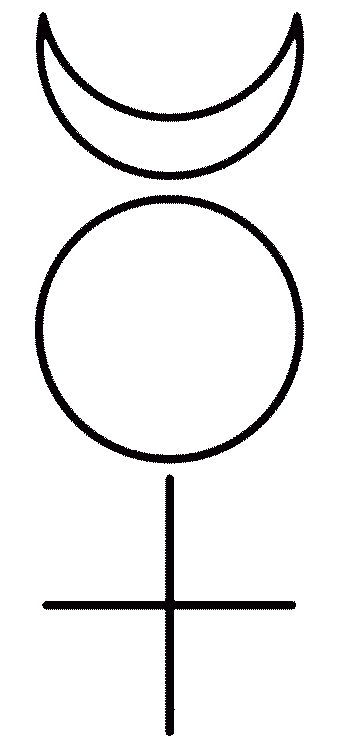
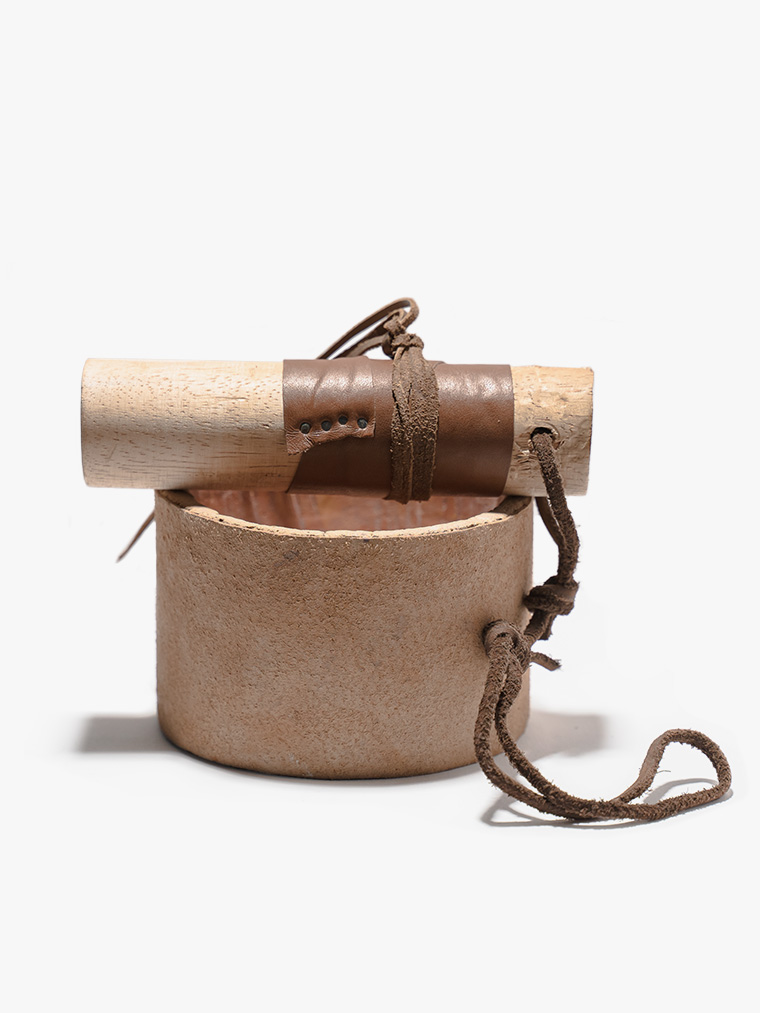
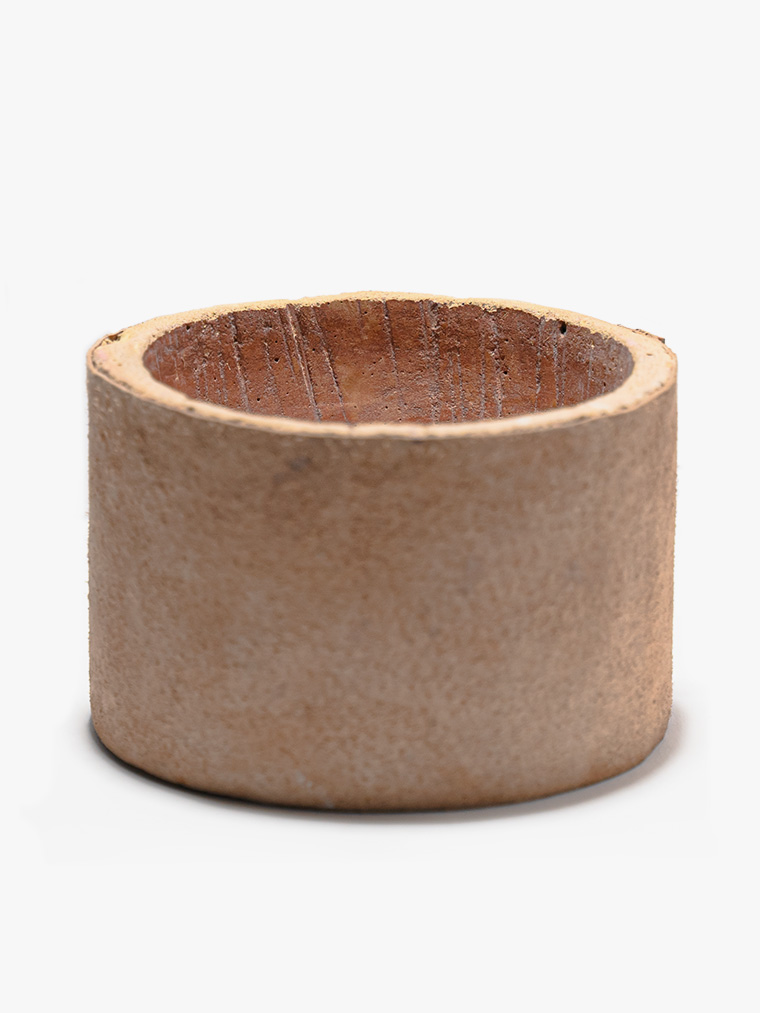
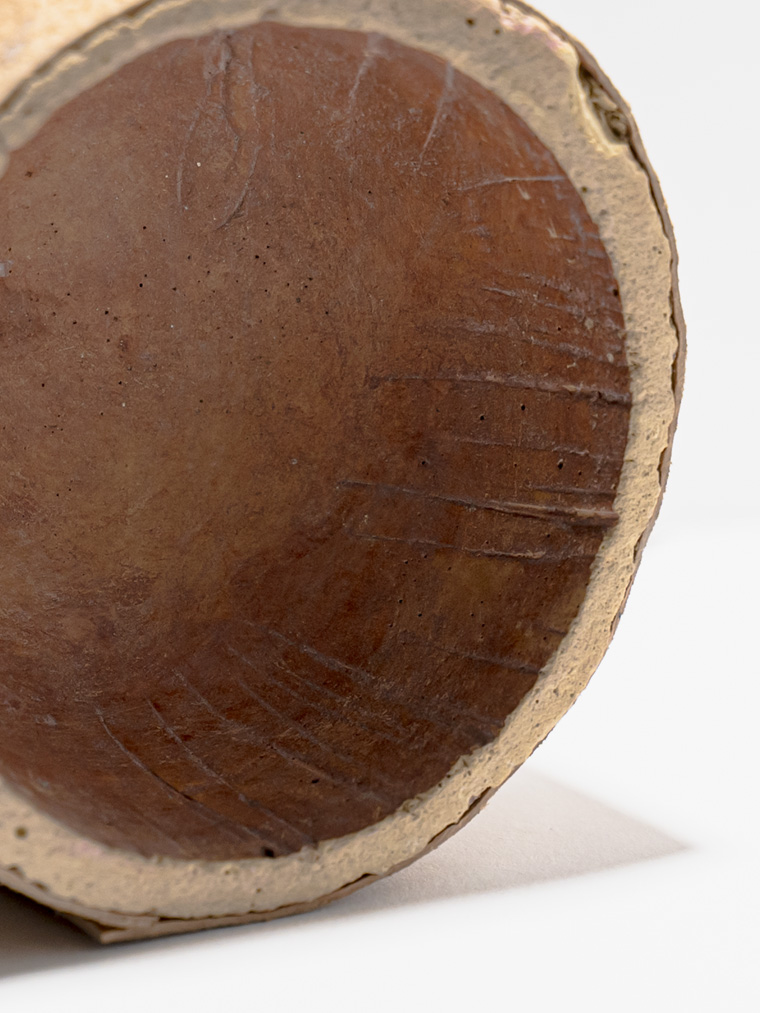
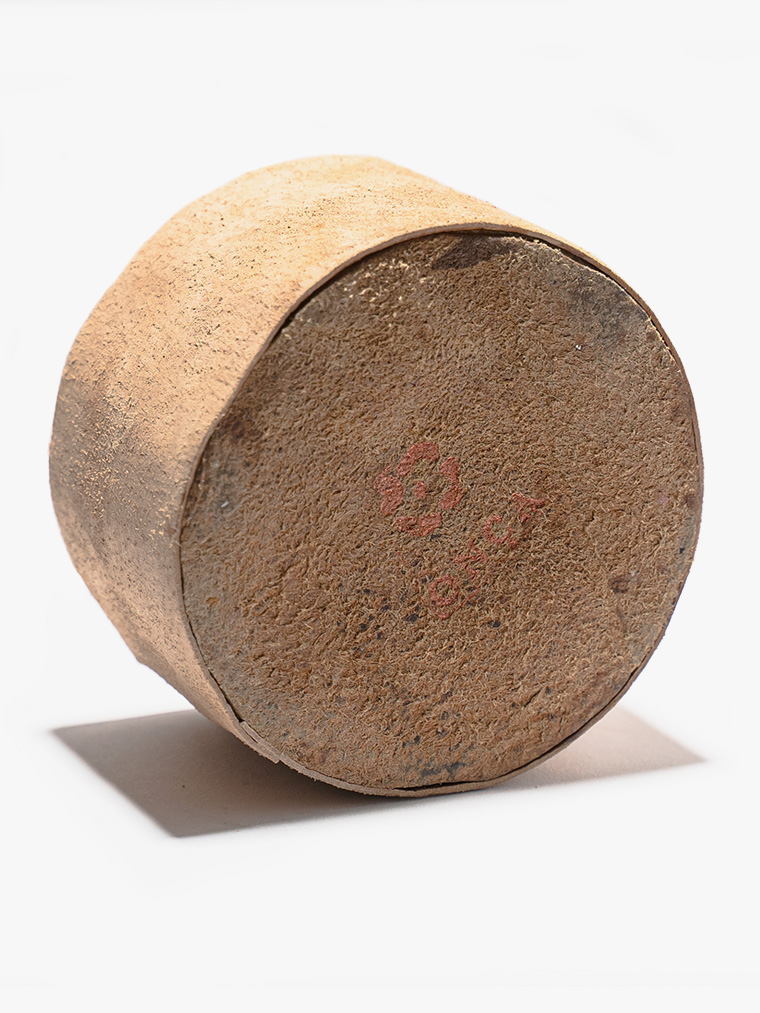
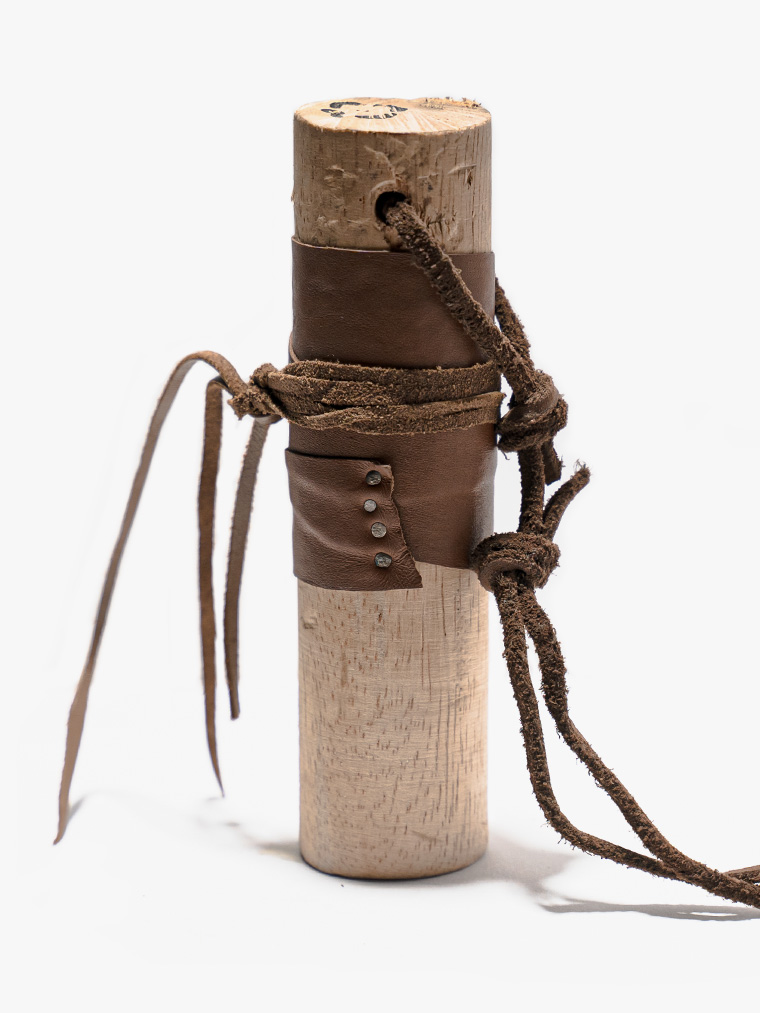
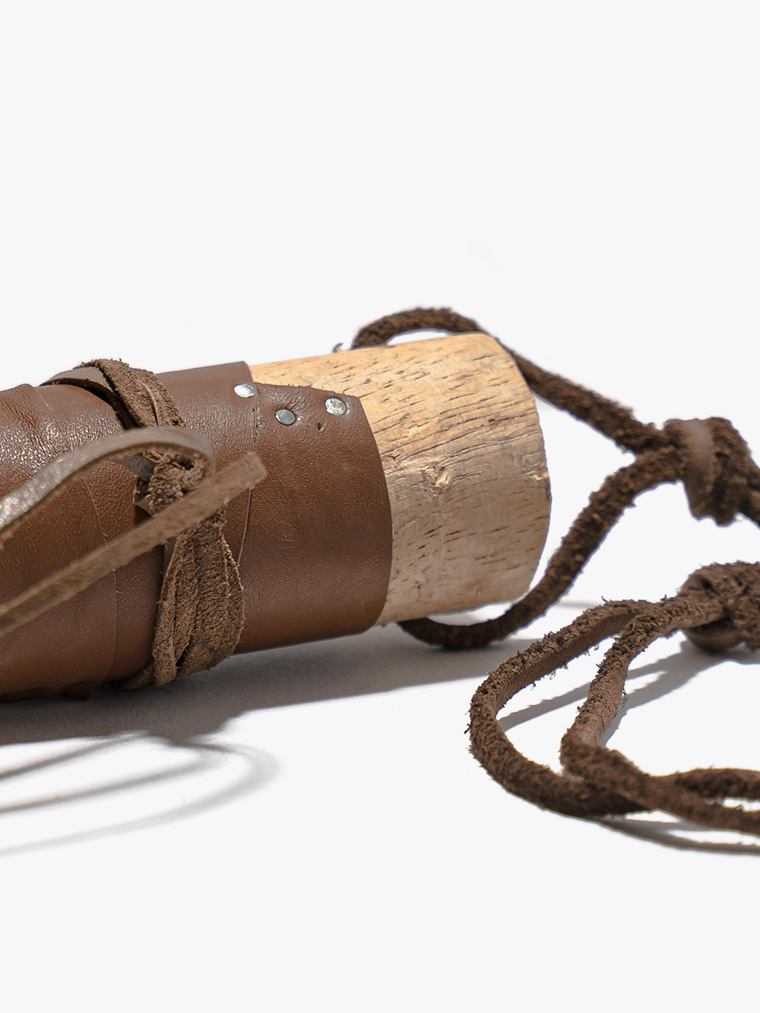
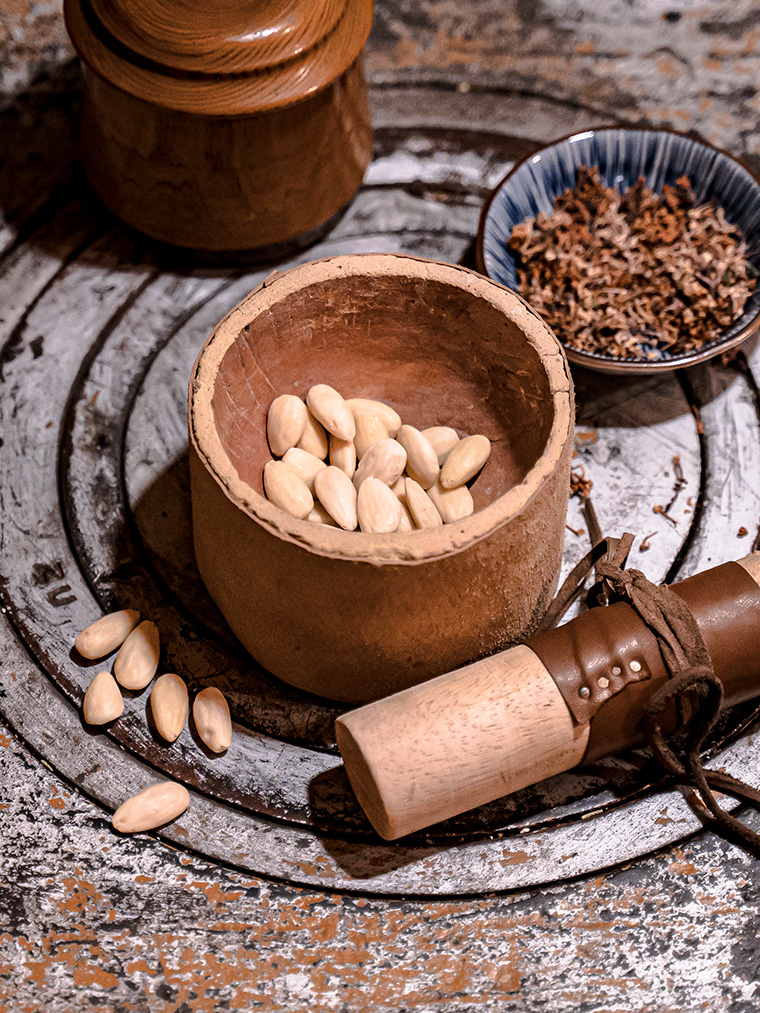
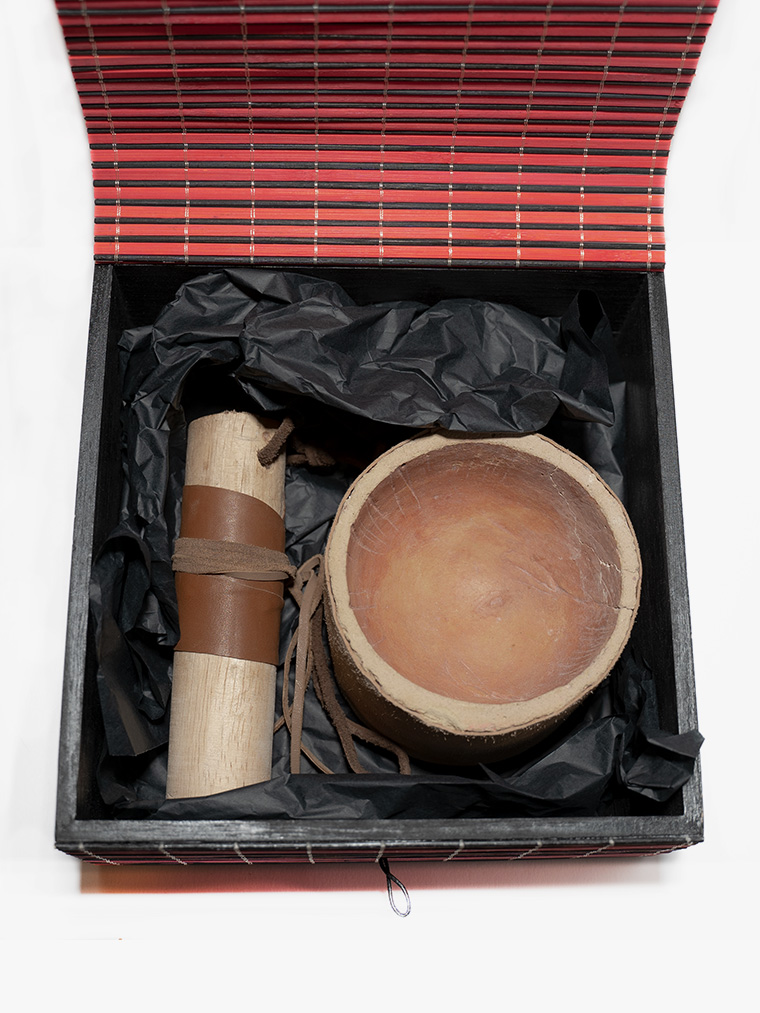
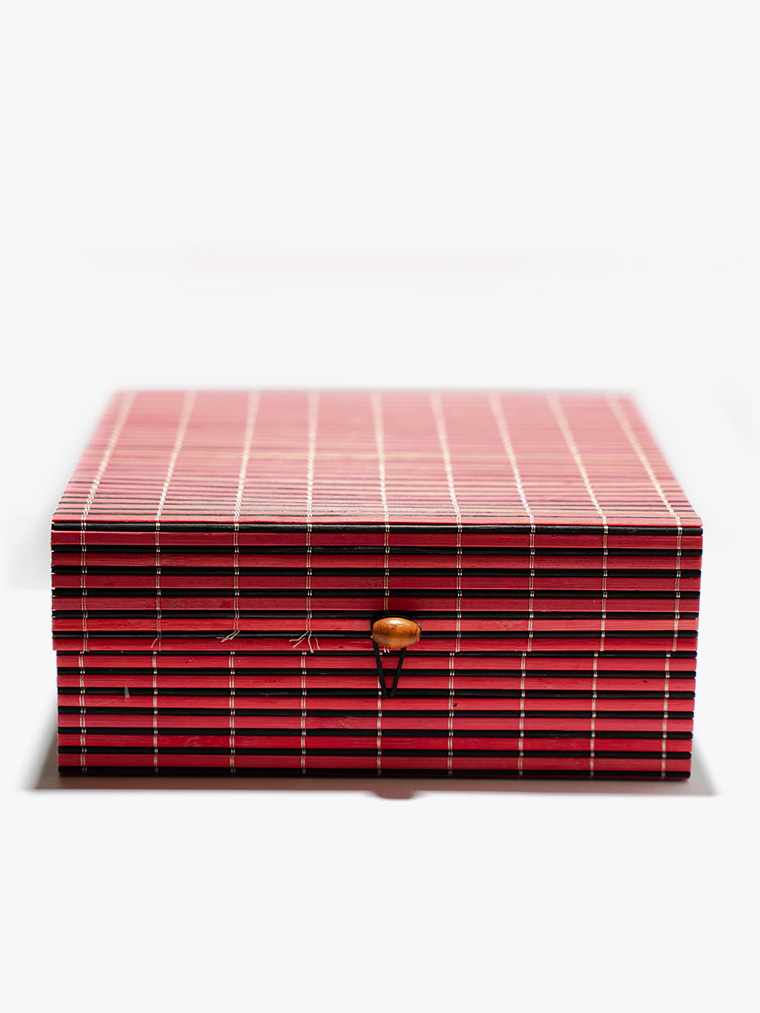
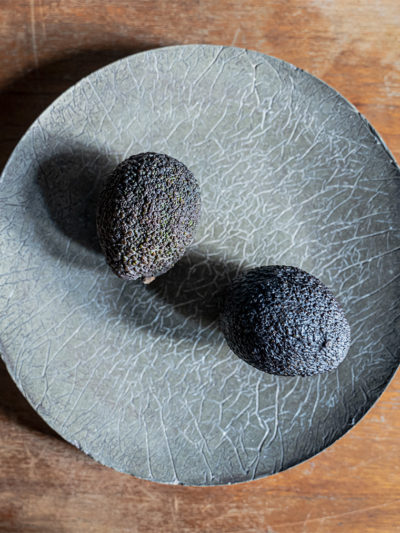
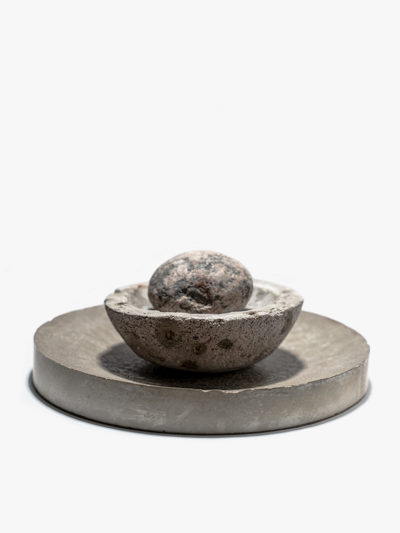
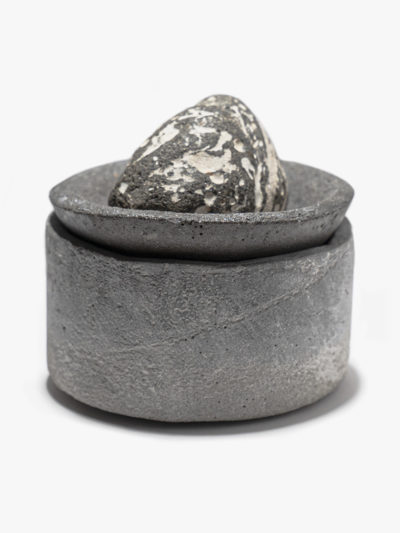
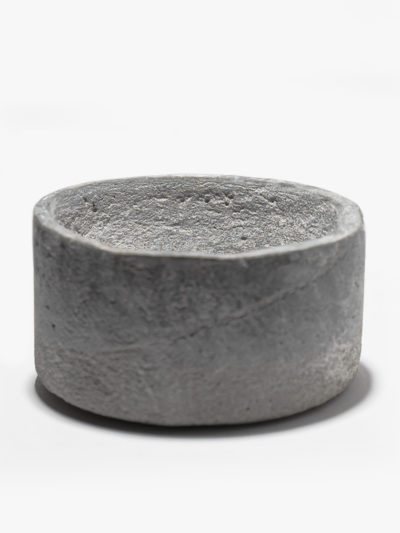
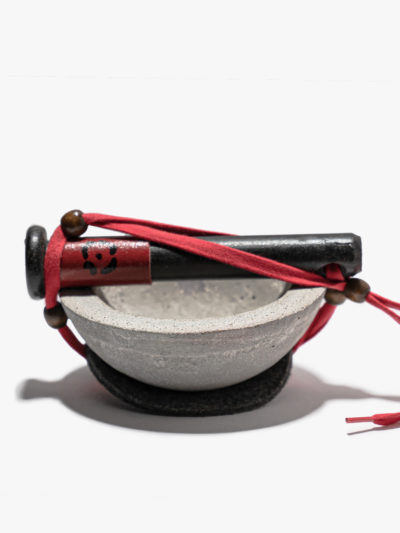
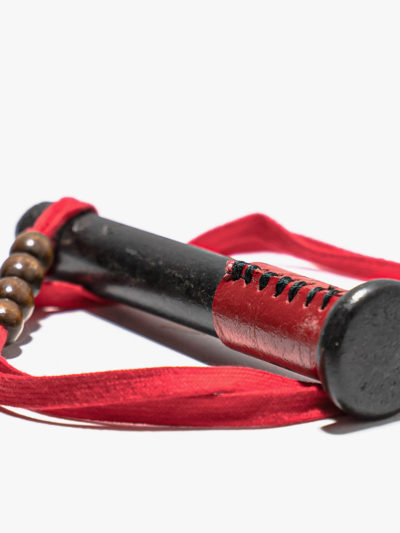
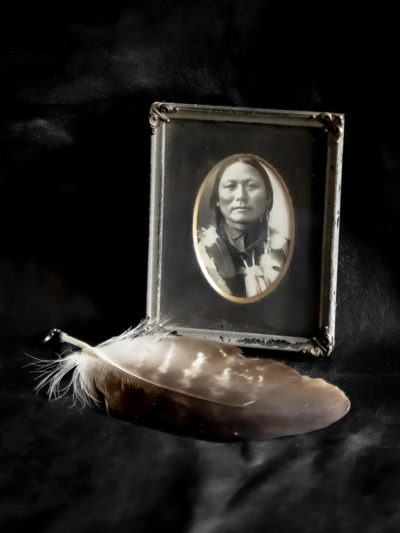
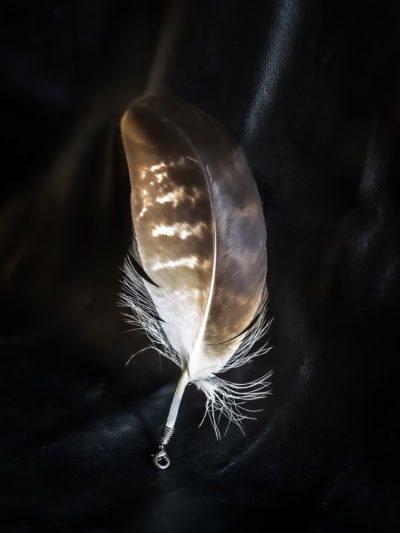
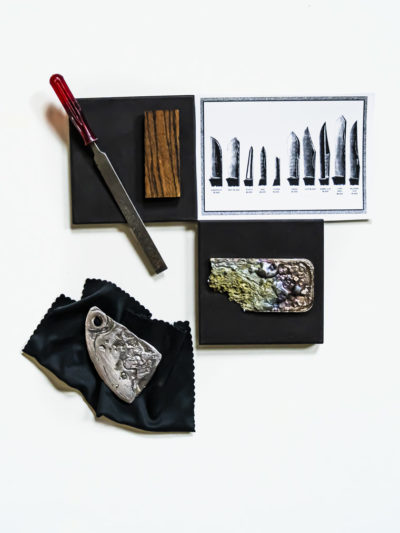
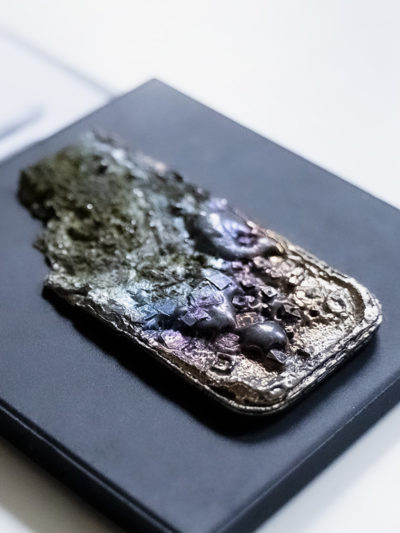
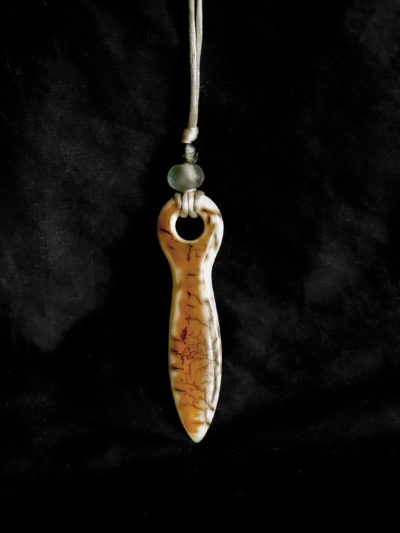
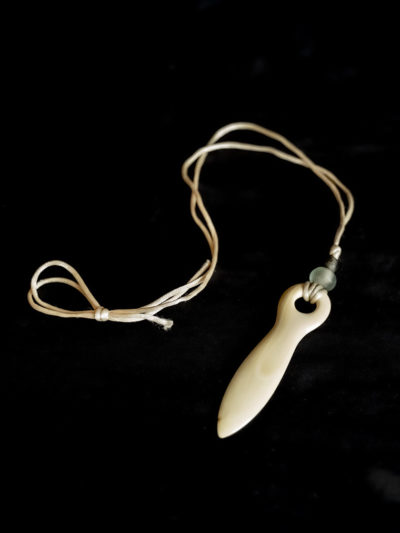
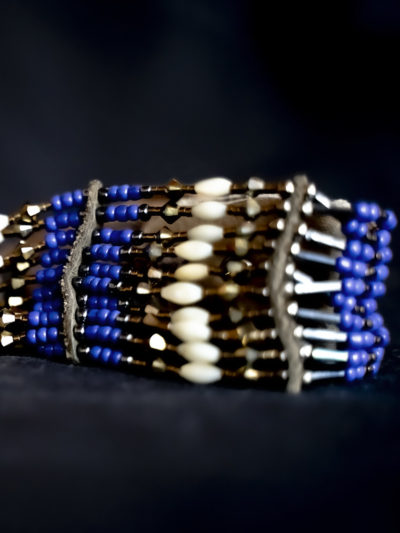
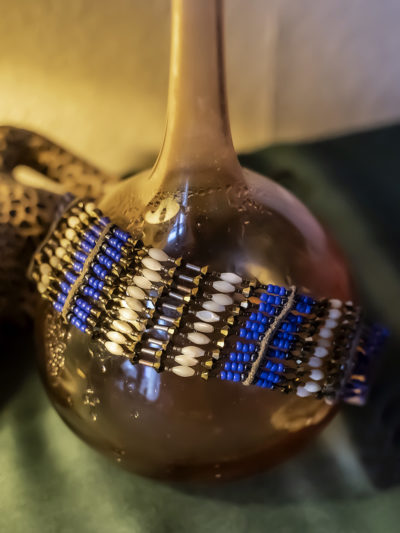

Reviews
There are no reviews yet.